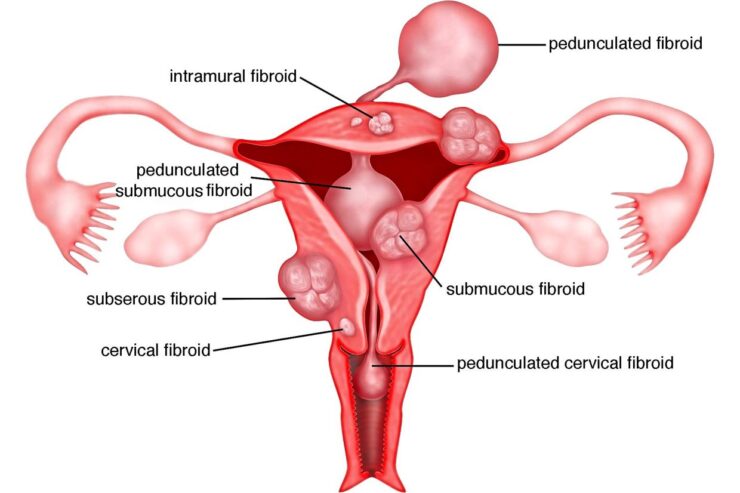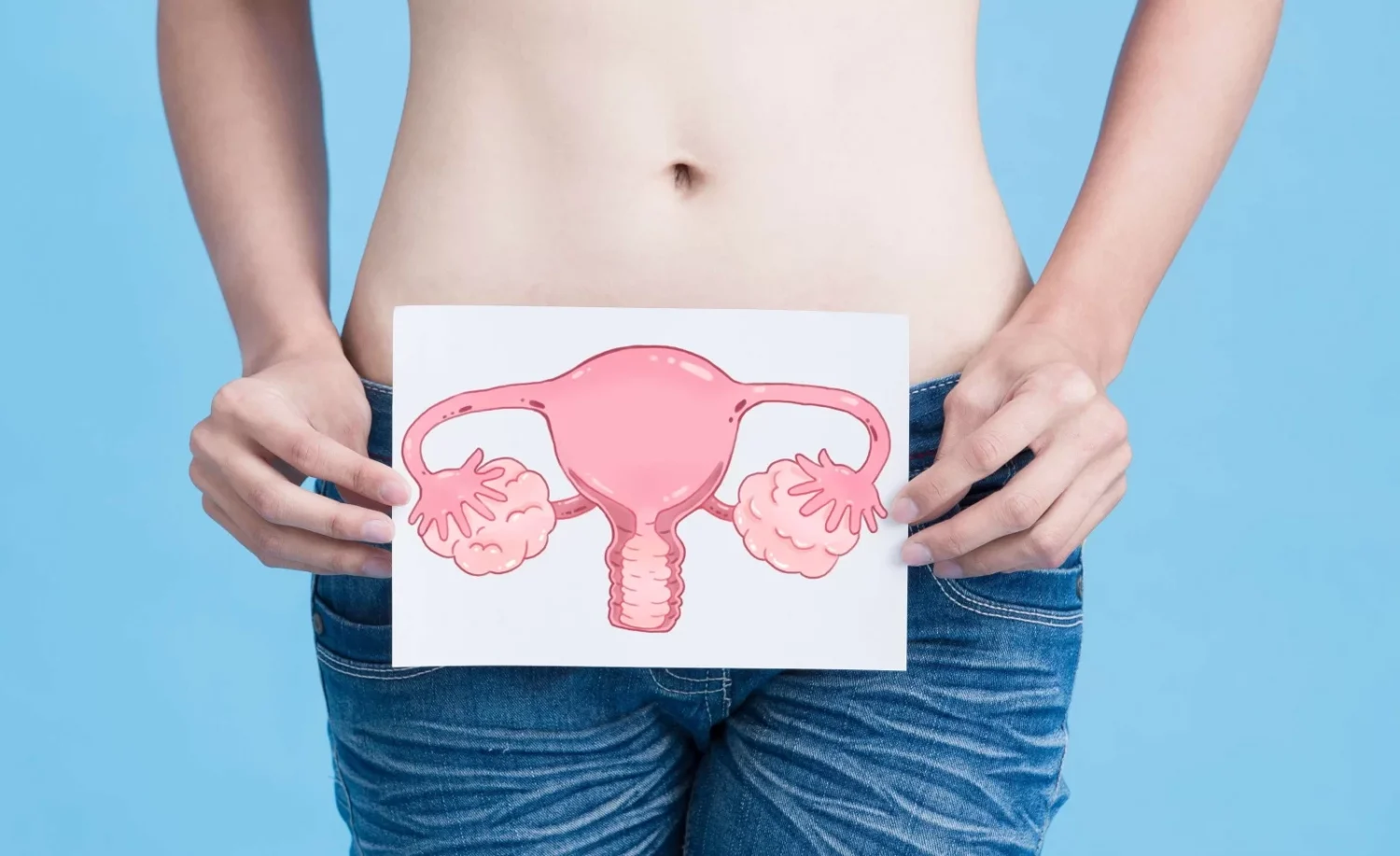Have you ever heard of uterine fibroids? Well, it is a common issue that many women suffer from at some point. Still, there are numerous misconceptions regarding them. It is necessary to have a deep understanding of uterine fibroids if you are facing any symptoms. This article will provide all the information about them along with doctor-recommended tips.
One thing that many people want to know about uterine fibroids is how fast they grow. It might vary from person to person. If we talk about average, they take 4-5 years to increase in size. Small fibroids have speedy growth while larger ones have comparatively slow growth.
It is always better to get yourself checked a little bit early if you are facing any symptoms. You can choose Imaging and Interventional Specialists to have the correct diagnosis of your condition. They use the right tools and technology and provide accurate reports to their customers.
Many people also diagnose themselves without any doctor’s help. While it is not a good method to conclude, you should look out for the symptoms. There are other things as well that you need to comprehend about uterine fibroids to make the right decisions.
What Are Uterine Fibroids?
Uterine fibroids are tumors of different sizes that grow inside the uterus, usually on the walls. This condition can happen due to a variety of reasons.
Some people believe that these tumors are cancerous. But it is a misconception. According to some scientific research, uterine fibroids lead to heavy menstrual bleeding, painful menstruation, infertility, pelvic pain, constipation, and more. All these symptoms vary according to the condition and type of fibroids. Therefore, you need to have a close check before visiting the doctor.
Uterine fibroids don’t have a certain period to grow. However, in most cases, you will see that it occurs in women after 50 years of age. So, you need to be extra attentive to the symptoms you’re suffering from. That is how you can easily identify whether your self-diagnosis is good enough or not.
Do Uterine Fibroids Grow in Size?

Yes, uterine fibroids grow in size with time. The smaller ones have more speed to grow while the larger ones don’t. As for the period, it takes 4-5 years in total. They can double in size or increase by a few centimeters, depending on the condition. So we can say that the speed of growth of these tumors is slow but they do grow over time.
A lot of times, people don’t know whether they have uterine fibroids. It is usually because they don’t know much about them and also ignore the symptoms. Regular checkups are the perfect solution to identify them at an early stage. Then you can consult your doctor about the preventive measures to take.
What Are The Tips To Prevent Uterine Fibroids From Growing?
Uterine fibroids usually increase in size with time. Therefore, you must know how to prevent their growth. Here are some doctors’ suggested tips you can follow-
Daily Workout
Studies have shown that doing workouts daily can prevent these tumors from growing in size. So make working out a part of your day. The best thing about it is that you will feel great after doing some physical activity.
As for workout routines, you can either go for yoga or cardio, depending upon your preferences. Some people like walking and running. You can also consider the same if you want to improve your overall health and reduce the risk of uterine fibroids.
Maintain Your Weight
How long has it been since you checked your weight? If it has been a long time, you should do it. By doing this, you will know if your BMI is in a healthy range or not (18.5–25). Once you find it, you can take the necessary measures to prevent your weight from increasing. For instance, you can change your diet a bit by adding more nutritious food and avoiding junk food.
Maintaining weight, especially when a woman is aging becomes challenging. It is therefore better to keep checking your weight and make lifestyle changes accordingly. That is how you can also reduce the risk of uterine fibroids.
Genetics

A person may have uterine fibroids because of genetics. Many cases of uterine fibroids show that family history plays an important role. So, if any family member has it, it is more likely that others can also have it. You should be extra cautious when this condition has already occurred in your family. Get yourself checked whenever possible.
Consider Oral Contraceptives
Oral contraceptives seem to be more effective when it comes to preventing the growth of uterine fibroids. You can consult a doctor before taking them. However, they are beneficial in many ways, not just in preventing pregnancy.
Have A Nutritious Diet
A nutritious diet also affects the health of your reproductive organs. You must include green vegetables, fruits, salmon, milk, tuna, etc., in your daily diet. These are essential for your overall health and you can also decrease the risk of uterine tumors. You can create your diet yourself or even get some recommendations from a professional dietitian.
Avoid Alcohol Consumption

Alcohol consumption worsens the condition of uterine fibroids. It is harmful to you if you are already experiencing the same. Alcohol leads to inflammation by increasing the hormone levels. Therefore, you must entirely avoid drinking it and you will see the results within a short period.
Manage Stress
Research also shows that mental health issues like stress can increase the growth of uterine fibroids. Doctors always recommend including those activities that help reduce day-to-day stress. Yoga and meditation work extremely well if you are facing these issues. You can also add journaling to your daily routine to have a healthy and happy mind.
Final Opinions
The growth of uterine fibroids can cause many health issues. You must understand everything about them to take necessary preventive measures. Some of them are mentioned above and are recommended by professional doctors. Also, consider getting a regular checkup after your 40s and 50s as this condition is prevalent in this particular period.

